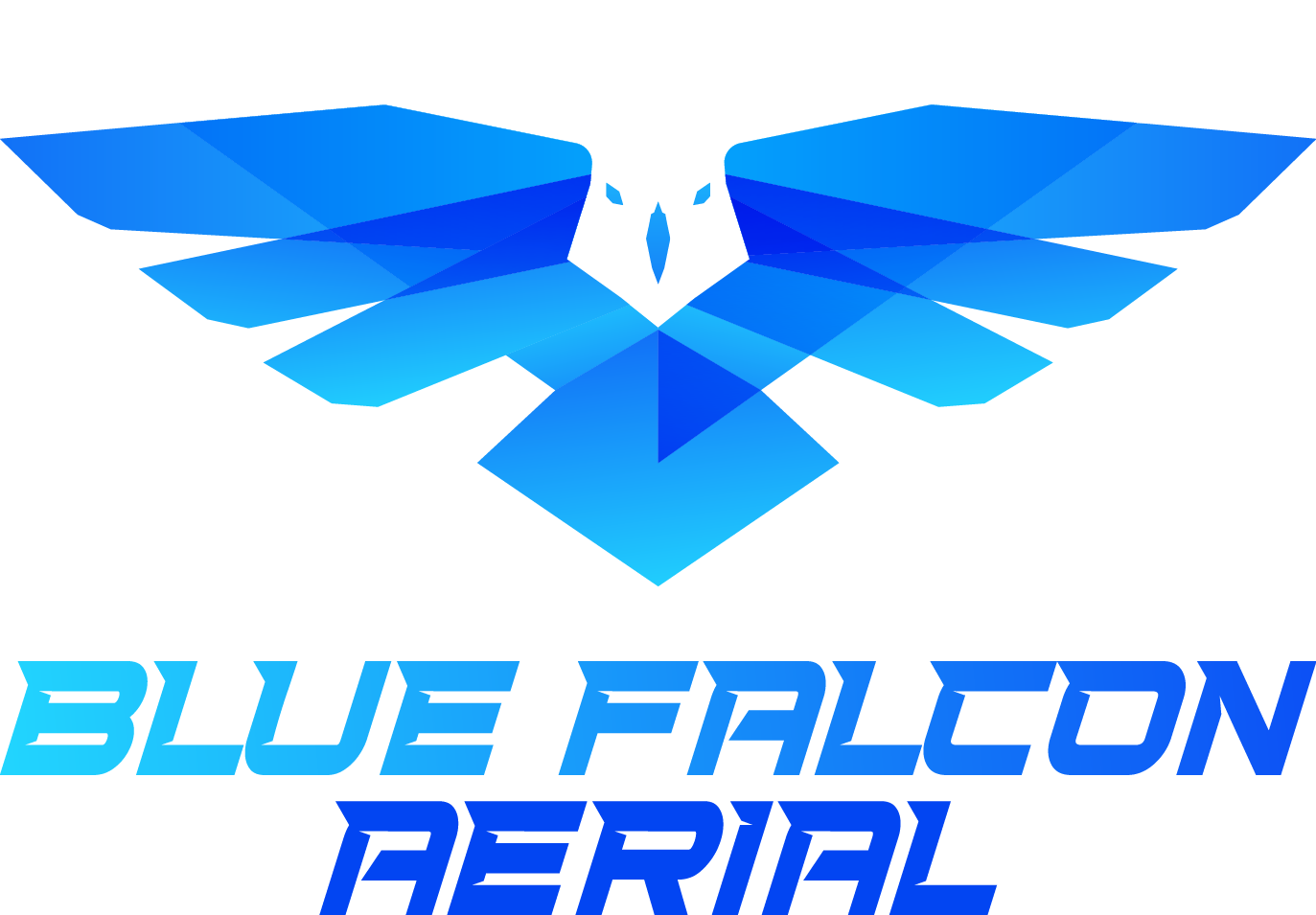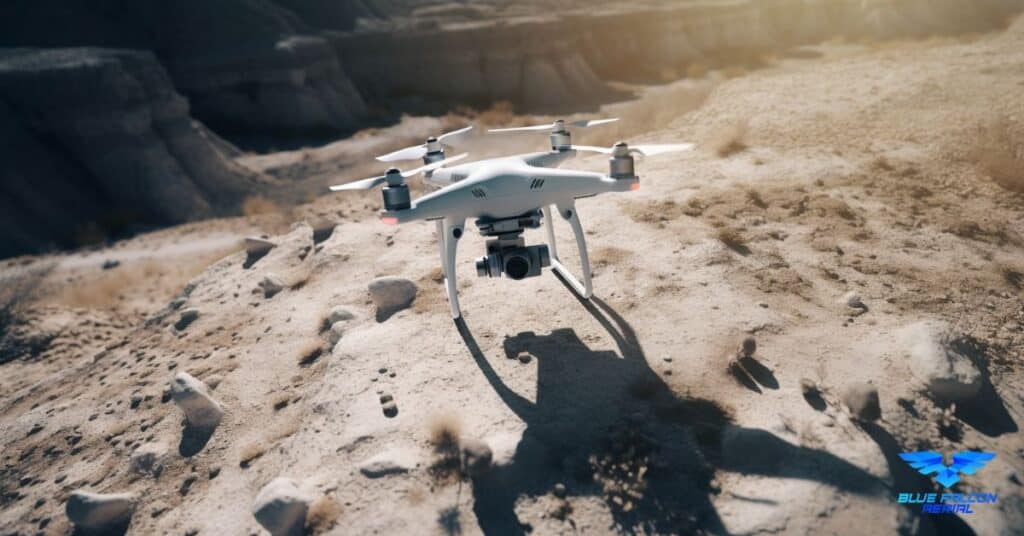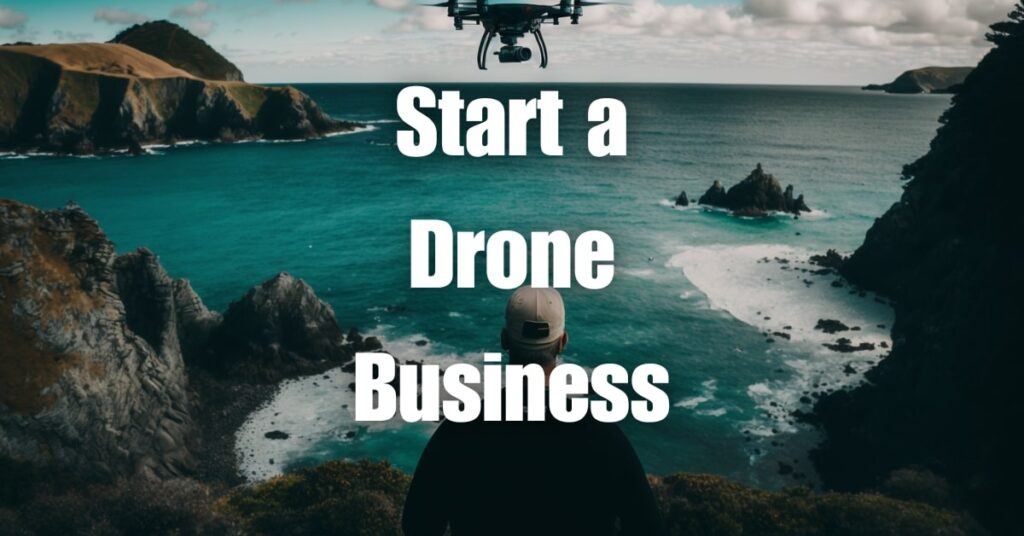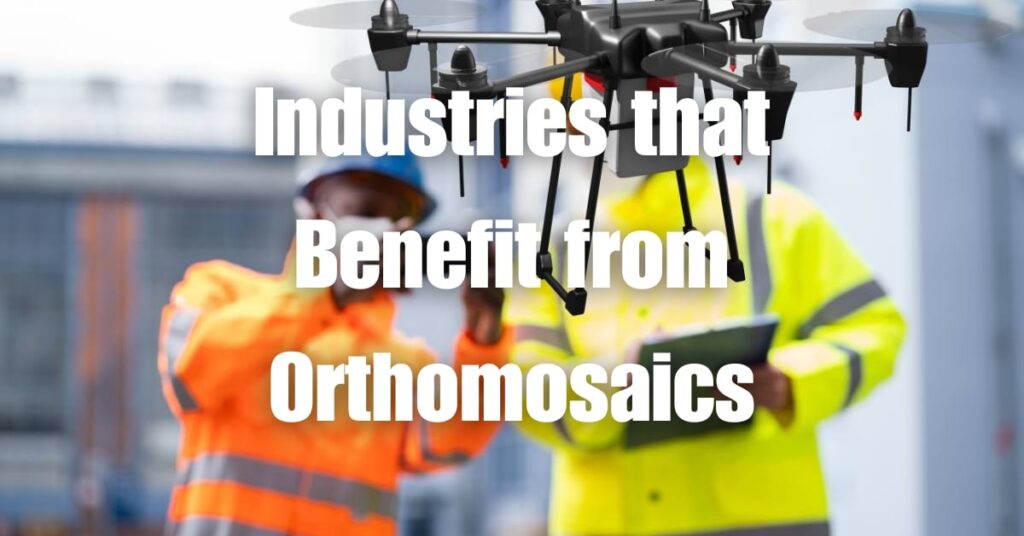In recent years, the use of drones for aerial photography and mapping has expanded rapidly. However, this growth has been met with legal challenges, particularly in North Carolina. A recent lawsuit involving drone pilots and the state has brought to light unresolved legal issues that may have implications for drone operators nationwide. This article will delve into the details of the case and discuss the potential implications for the drone industry.
The Lawsuit: Background and Legal Issues
In North Carolina, a drone operator named Michael Jones faced a lawsuit regarding the legality of his aerial photography and mapping business [^1^]. The basis of the case was a state law that required surveyors to be licensed to create and sell maps. Jones, who was not a licensed surveyor, found himself at odds with the North Carolina Board of Examiners for Engineers and Surveyors, who claimed that his drone photography business was in violation of the law [^2^].
The Institute for Justice, a public interest law firm, took on Jones’ case, arguing that the North Carolina law was unconstitutional and violated his First Amendment rights [^3^]. The central issue in the case was whether the state’s licensing requirements for surveyors could be applied to drone operators who capture and sell aerial imagery.
The Court Ruling and Its Limitations
The court ultimately ruled in favor of Jones, stating that the law did not apply to his drone photography and mapping business. However, the ruling was limited in scope, leaving some questions unanswered and potentially leaving drone pilots exposed to further legal challenges.
The court’s decision hinged on the definition of “mapping” under North Carolina law, which it found did not encompass the activities carried out by Jones’ business. While this was a victory for Jones, it did not provide a definitive resolution for drone operators more broadly.
Implications for Drone Operators and the Industry
The limited nature of the court’s ruling means that drone operators in North Carolina and other states may still face legal challenges when it comes to aerial photography and mapping. The broader question of whether such activities are protected under the First Amendment remains unresolved.
This uncertainty could have significant consequences for the drone industry. If licensing requirements for surveyors are ultimately applied to drone operators, it could create barriers to entry for new businesses and stifle innovation in the sector.
Moreover, the unresolved legal issues may impact the use of drones for various applications, such as real estate marketing, infrastructure inspection, and environmental monitoring. Drone operators who provide aerial imagery for these purposes may find themselves subject to similar legal challenges in the future.
Moving Forward: A Call for Clarity
To ensure the continued growth and development of the drone industry, it is crucial to establish clear legal guidelines for drone operators. This includes addressing the unresolved issues surrounding aerial photography and mapping, as well as other areas where drone usage may intersect with existing regulations.
In the meantime, drone operators should stay informed about the legal landscape in their jurisdiction and take steps to ensure compliance with any relevant regulations.
In conclusion, the North Carolina drone lawsuit has highlighted the need for clarity in drone regulations, especially when it comes to aerial photography and mapping. As the industry continues to grow and evolve, clear legal guidelines will be essential to support innovation and ensure the responsible use of drone technology. It is crucial for drone operators and enthusiasts to stay informed about the legal landscape in their jurisdiction, and understand how the implications of these lawsuits may impact their operations.
To further your understanding of the broader drone industry and its potential applications, we encourage you to visit Soaring High: A Comprehensive Guide to Building and Growing Your Drone Business. This guide will provide valuable insights into the commercial aspects of the drone industry, helping you capitalize on the opportunities presented by this rapidly growing sector.
If you need assistance with a LiDAR or Orthomosaic project, or have any questions related to drone operations, don’t hesitate to contact Blue Falcon Aerial. Their team of experts will be more than happy to help you navigate the complexities of the drone industry and achieve success in your aerial endeavors.




